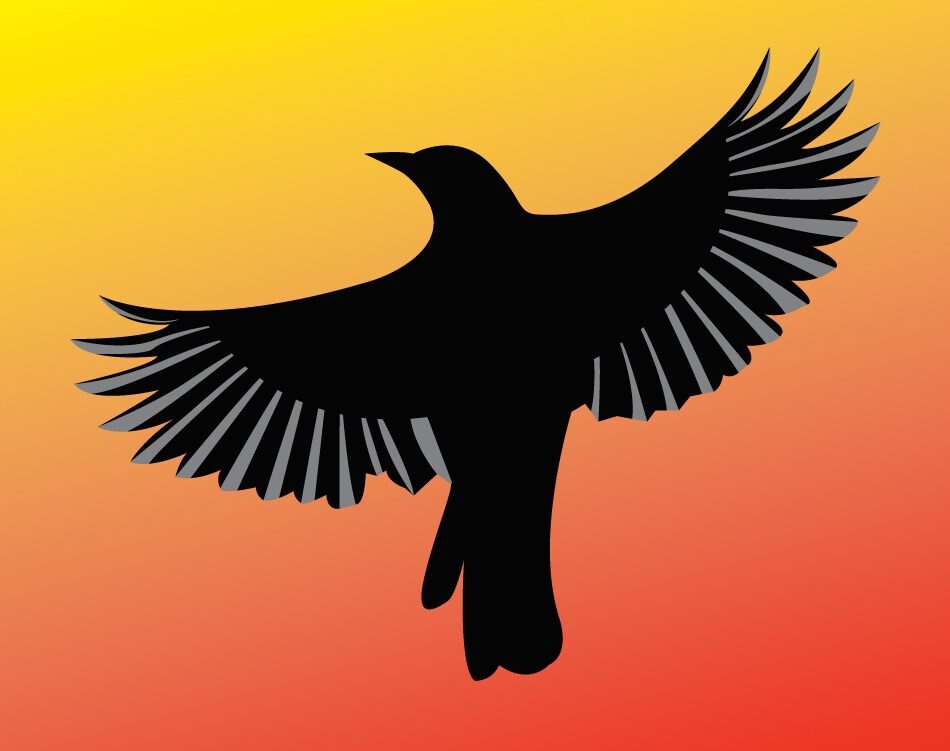Interview: Amber Argyle on “Daughter of Winter”
Amber Argyle’s novel Daughter of Winter is available for a limited time in The Realm of Faerie bundle. Amber’s book Of Fire and Ash, which is in the same series as Daughter of Winter, is FREE in Kindle Unlimited through November 23rd! Find it here: https://amzn.to/35vvUvr Enter the Realm of Faerie, a world of beauty,…
